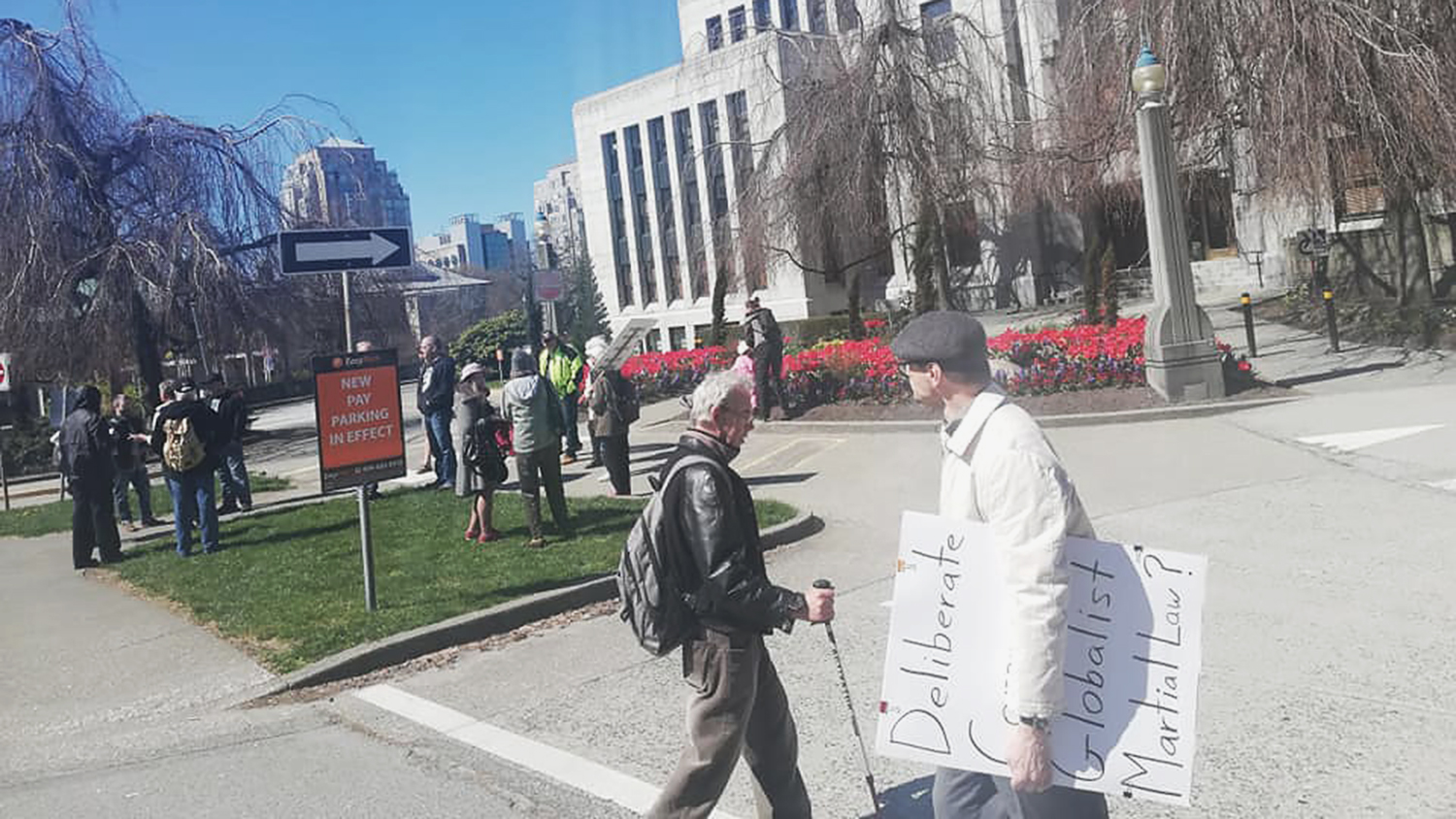Yukon Neighbours Use Pandemic Time To Bust Out Bagpipes, Bhangra
This is pure joy.
HuffPost Canada Staff April 6, 2020
There are plenty of ways people are coming together during the global coronavirus pandemic, but this cross-cultural collaboration of two neighbours in Canada’s northern wilderness is lifting us all up.
Gurdeep Pandher, a public servant in the technology sector who also teaches bhangra dancing, and Jordan Lincez, a teacher who also plays the bagpipes, joined forces to create this very Canadian video. It was shot outside their cabins near Yukon’s Lake Laberge, about 50 kilometres north of Whitehorse.
Watch the video above.
Pandher said he wanted to “promote how we can connect and do things together with our friends or neighbours while maintaining social distancing and also to showcase the beauty of our Canadian cross-culturism.”
Lincez, who played the song “High Road to Linton,” said cold weather is hard on the bagpipes and makes playing unpredictable. “But what really counts for me was having fun, doing what I love doing in the ‘new normal,’ and bringing smiles and sharing joy with others during this time of crisis,” he told HuffPost Canada via email.
Pandher has a history of making lovely videos to promote cultural unity. He’s taught the mayor of Whitehorse how to tie a Sikh turban, danced with a Paralympian, and choreographed a bhangra dance number with the Canadian military.
During the pandemic, he has continued to teach bhangra, which originated from Punjab folk dancing, through online classes.
Friends, let me teach you an easy and fun bhangra move! pic.twitter.com/jb17xV5Y9Y— Gurdeep Pandher of Yukon (@GurdeepPandher) April 3, 2020
Here are videos/photos of people who tagged me after taking my online class (using with permission). Please add your name in my list at https://t.co/ybfnyOjDQk if you want me to inform you about my upcoming classes! pic.twitter.com/docuwuFvd7— Gurdeep Pandher of Yukon (@GurdeepPandher) March 31, 2020
“I live in a forest on open and big Yukon land, so it is helpful to stay away from the pandemic risks,” Pandher told HuffPost Canada. “But still, I am following all the health guidelines and use precautions if I need to go to town to get groceries. Living on land is so organic, nurturing and so beautiful.”
Lincez, who teaches Grades 4 and 5 at École Whitehorse Elementary, said, “It’s been difficult talking with my family through windows and I miss being able to hug friends, but I’m hopeful that the precautions are giving us an opportunity to slow down, be more present, and refocus on the important things in life: love, community and well-being.”
Lincez, who teaches Grades 4 and 5 at École Whitehorse Elementary, said, “It’s been difficult talking with my family through windows and I miss being able to hug friends, but I’m hopeful that the precautions are giving us an opportunity to slow down, be more present, and refocus on the important things in life: love, community and well-being.”














